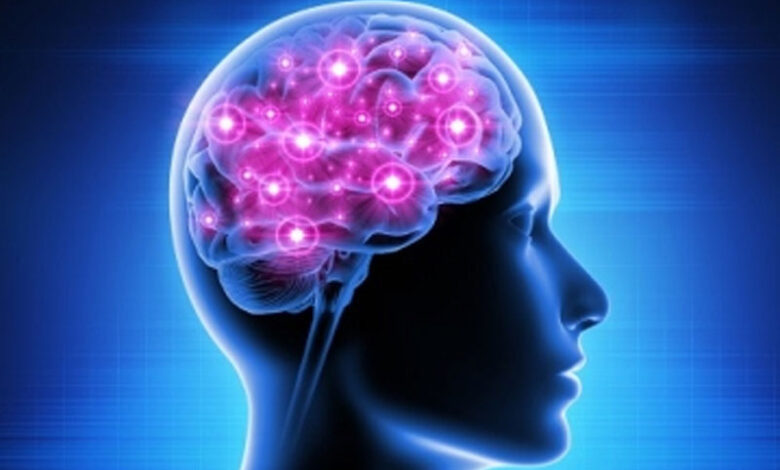One Indian killed by brain stroke every 4 minutes: AIIMS neurologist
The Global Burden of Diseases (GBD) reports that India has a stroke incidence of 68.6%, stroke deaths of 70.9%, and a loss of 77.7 disability-adjusted life years (DALYs).

On Thursday, Professor M. V. Padma Srivastava, a neurologist at the All India Institute of Medical Sciences (AIIMS), revealed that stroke is the second leading cause of death in India, claiming one life every 4 minutes. At an event held at the Sir Ganga Ram Hospital, the Padma Shri awardee stated that approximately 185,000 strokes occur annually in India, equating to almost one stroke every 40 seconds. The Global Burden of Diseases (GBD) reports that India has a stroke incidence of 68.6%, deaths of 70.9%, and a loss of 77.7 disability-adjusted life years (DALYs). Srivastava expressed concern over these statistics, particularly for people residing in resource-poor areas, and emphasized that incidence is greater among younger and middle-aged people. According to GBD analysis, children under the age of 20 accounted for 31% of the 5.2 million strokes reported. Despite the alarming figures, Srivastava observed that many Indian hospitals lack the necessary infrastructure and organization to provide rapid and effective care to stroke patients.
The country, particularly in public sector hospitals. Quick treatment is crucial in strokes, with a “golden window” of 4.5 hours for effective therapy. However, access to timely stroke care is hindered by a lack of infrastructure in rural areas compared to urban ones. One way to address this issue is through the implementation of telestroke models in poor resource settings, as suggested by Srivastava. Telemedicine can help bridge the gap for underprivileged sections of society. According to a study in the journal Neurology, depression may be linked to stroke, and individuals with depressive symptoms may have a higher risk of suffering it. Additionally, Covid has been associated with increased stroke incidence, with people infected with Covid being more likely to have a difficult recovery post-stroke, according to a study by researchers at the Thomas Jefferson University in the US.
